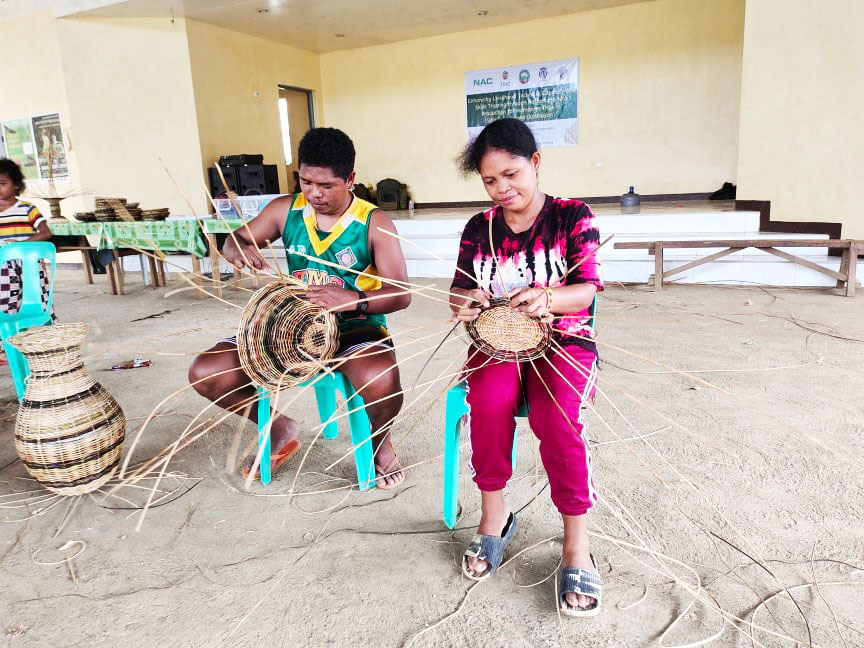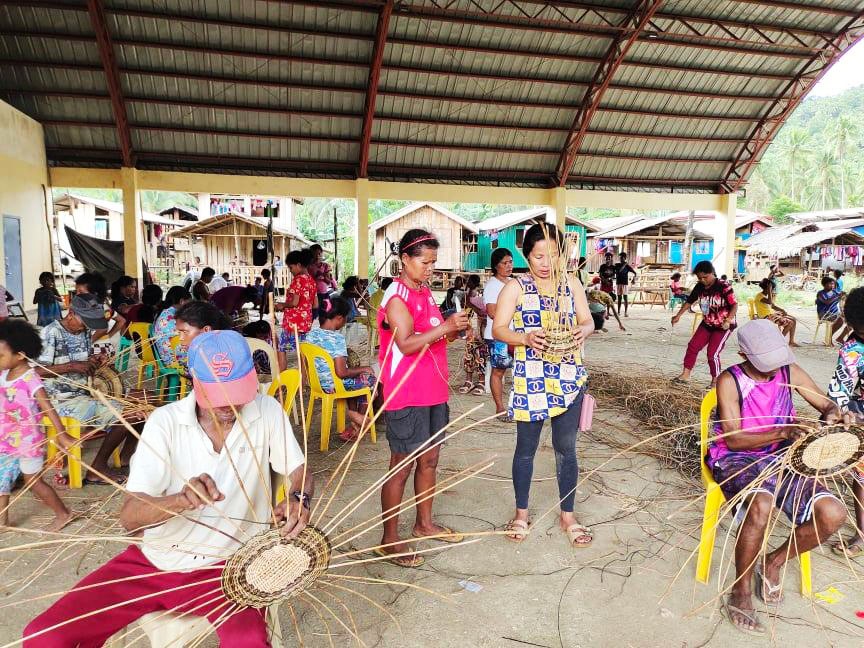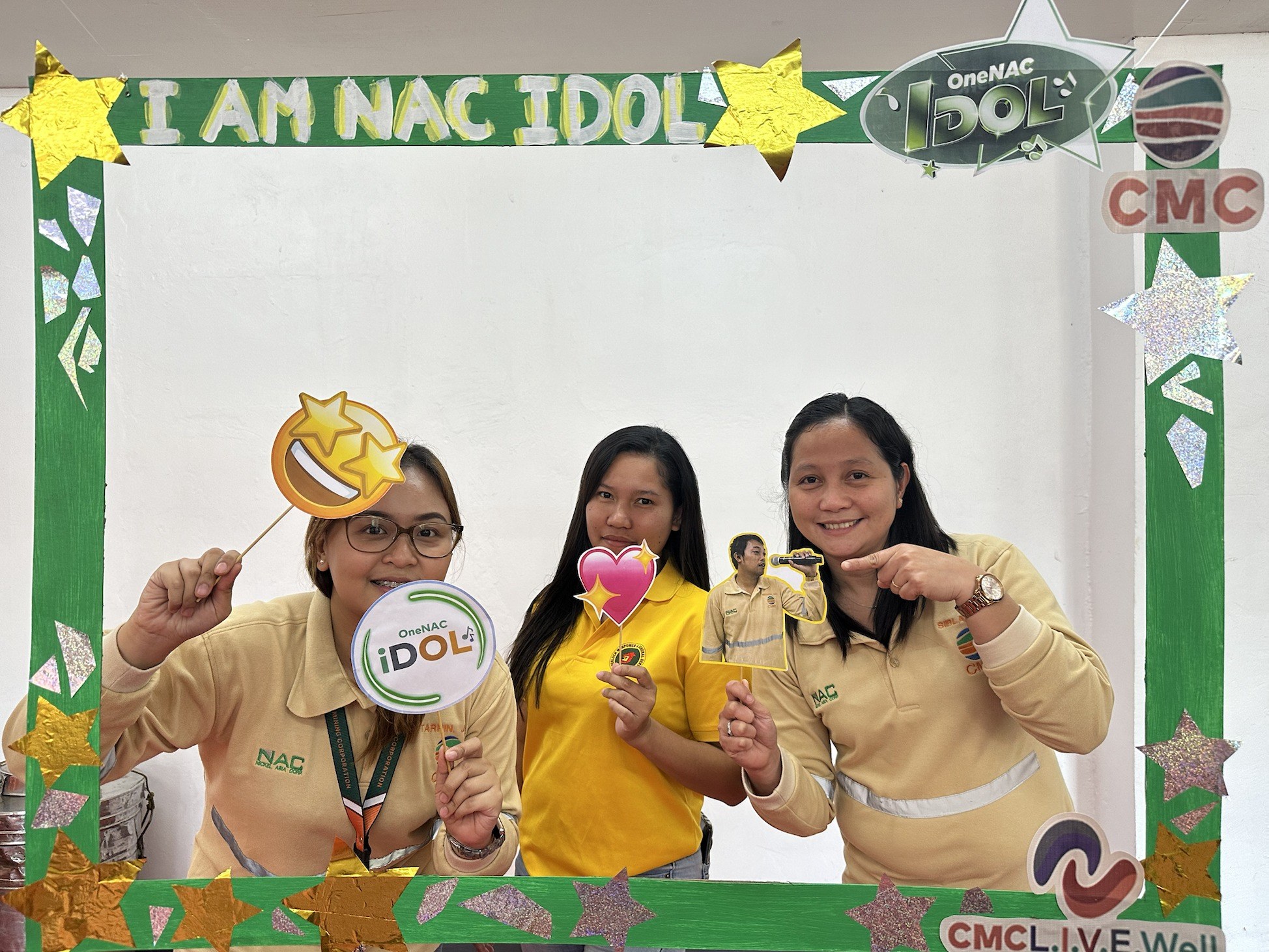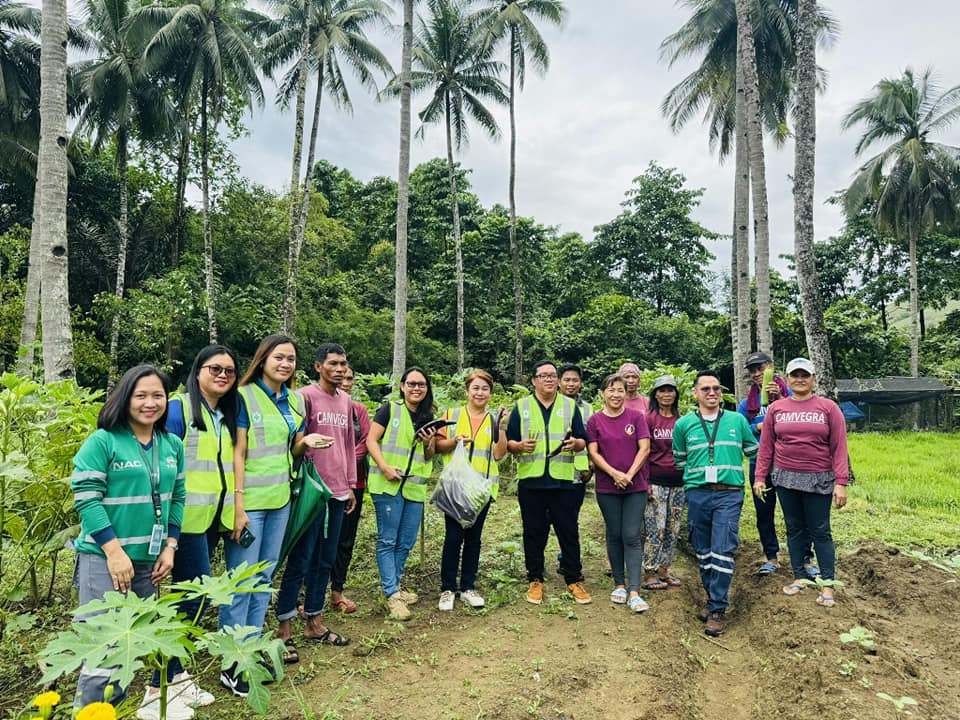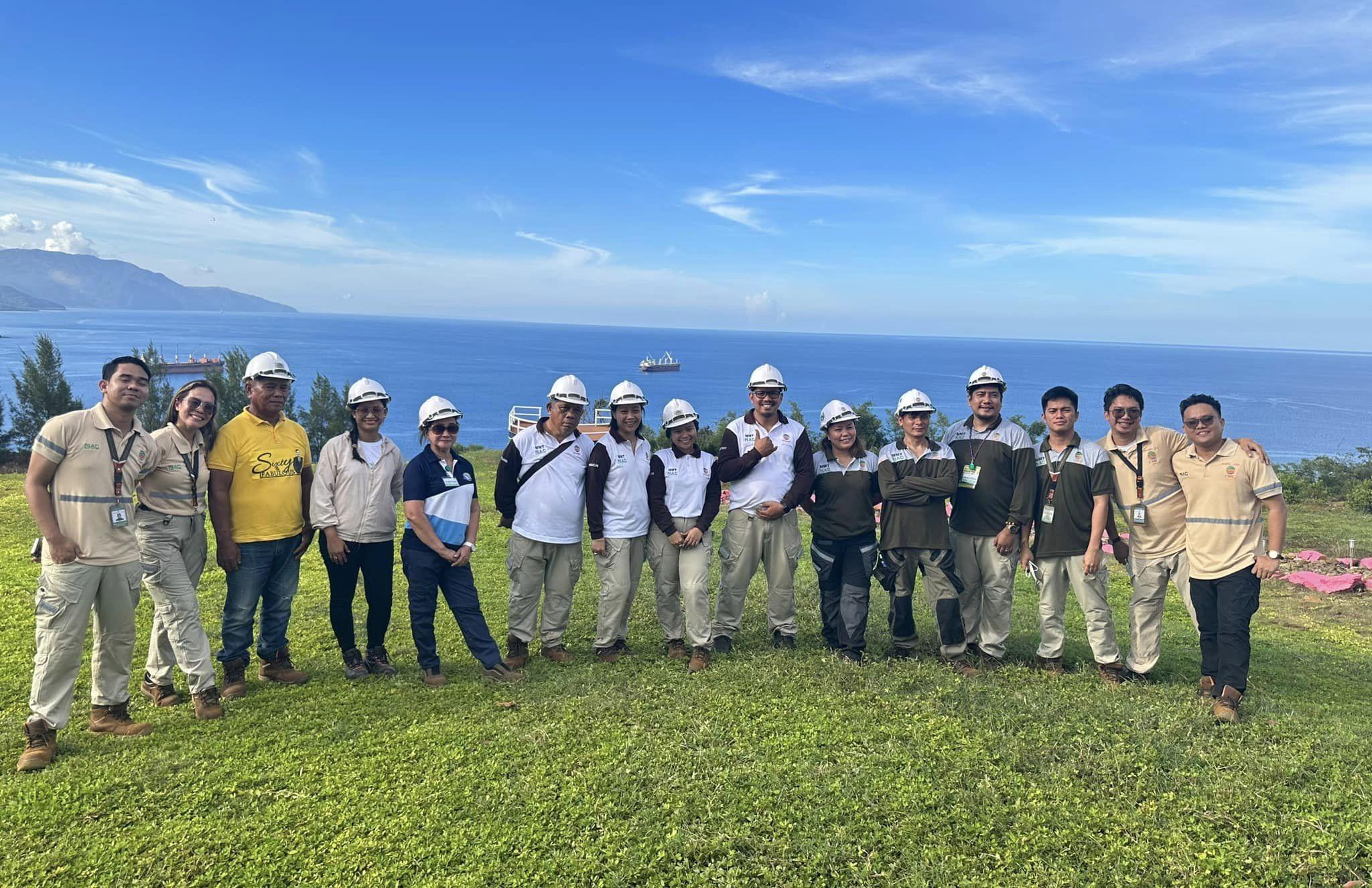CLAVER, Surigao del Norte—Building on their weaving tradition, four Mamanwa communities in neighboring Gigaquit town stand to benefit from native handicraft production training supported by government agencies and Taganito Mining Corporation (TMC).
CLAVER, Surigao del Norte—Building on their weaving tradition, four Mamanwa communities in neighboring Gigaquit town stand to benefit from native handicraft production training supported by government agencies and Taganito Mining Corporation (TMC).
Two of the four Mamanwa communities in Brgy. Camam-onan, located in Sitio Katikuyan and Sitio Landing, completed their three-day training on rattan (nito) and abaca production late last year with the help of the provincial office of the Technical Economic Skills Development Authority (TESDA) in Surigao del Norte.
Under the continuing skills enhancement program, the four Indigenous Peoples' (IP) communities identified the production of handicrafts as their main livelihood, given the abundance of raw materials within their ancestral domain.
INFORMED CONSENT
The four IP communities-- Katikuyan ICC, Pagbangayan, Kalatingga, Bongogon--are within the exploration area of Kepha Mining Exploration Company (KMEC), an affiliate of TMC.
As such, TMC's Community Relations staff has been engaging the residents, especially the Mamanwa tribe, in consultations and meetings to determine viable livelihood projects for the host communities.
TMC's engagements with the IP communities in the area is in compliance with the existing laws, which grant Indigenous Cultural Communities (ICCs) prior rights over the existing natural resources found within their ancestral domain, including mineral resources.
This is also in keeping with the Free Prior and Informed Consent (FPIC) requirement mandated under the Indigenous Peoples Rights Act (IPRA).
It is on this basis that TMC and KMEC signed a deed of undertaking with the Mamanwa tribe and the rest of the population of Brgy. Camam-onan relative to the existing exploration program in the area.
CAPACITY-BUILDING
The agreement effectively binds TMC, KMEC, and the host barangay in a holistic approach to help uplift the economic conditions of the residents, especially the most vulnerable sectors.
This is where capacity-building comes in, whereby TMC and KMEC pledged to assist the community in harnessing their existing skills, knowledge, and resources to find the most sustainable income-generating venture for them.
After the IP communities decided on which type of livelihood to pursue, TMC and KMEC then tapped TESDA to design a training program and provide resource persons. The local environment officer (CENRO), meanwhile, was requested to assist the community obtain the necessary cutting permits to harvest raw materials.
TMC and KMEC, for their part, committed to provide logistics and other financial support for the training, while the Mamanwa tribe pledged to facilitate the venue and accommodation for the community-based training.
In essence, the training has grown into a collaborative effort among TMC, KMEC, TESDA, local and barangay officials, and Mamanwa tribal leaders.
At the first leg of the training in Sitio Boyobanwa and Sitio Landing, some 60 participants benefited from intensive one-on-one coaching from TESDA experts, further honing their handicraft weaving skills.
The next part of the training on abaca production is scheduled for February 2022.
From training, production, to marketing phases of the project, TMC and KMEC commit to provide the necessary support until the Mamanwa communities are able to successfully build a stable, self-sustaining handicraft business that helps improve their economic well-being.

